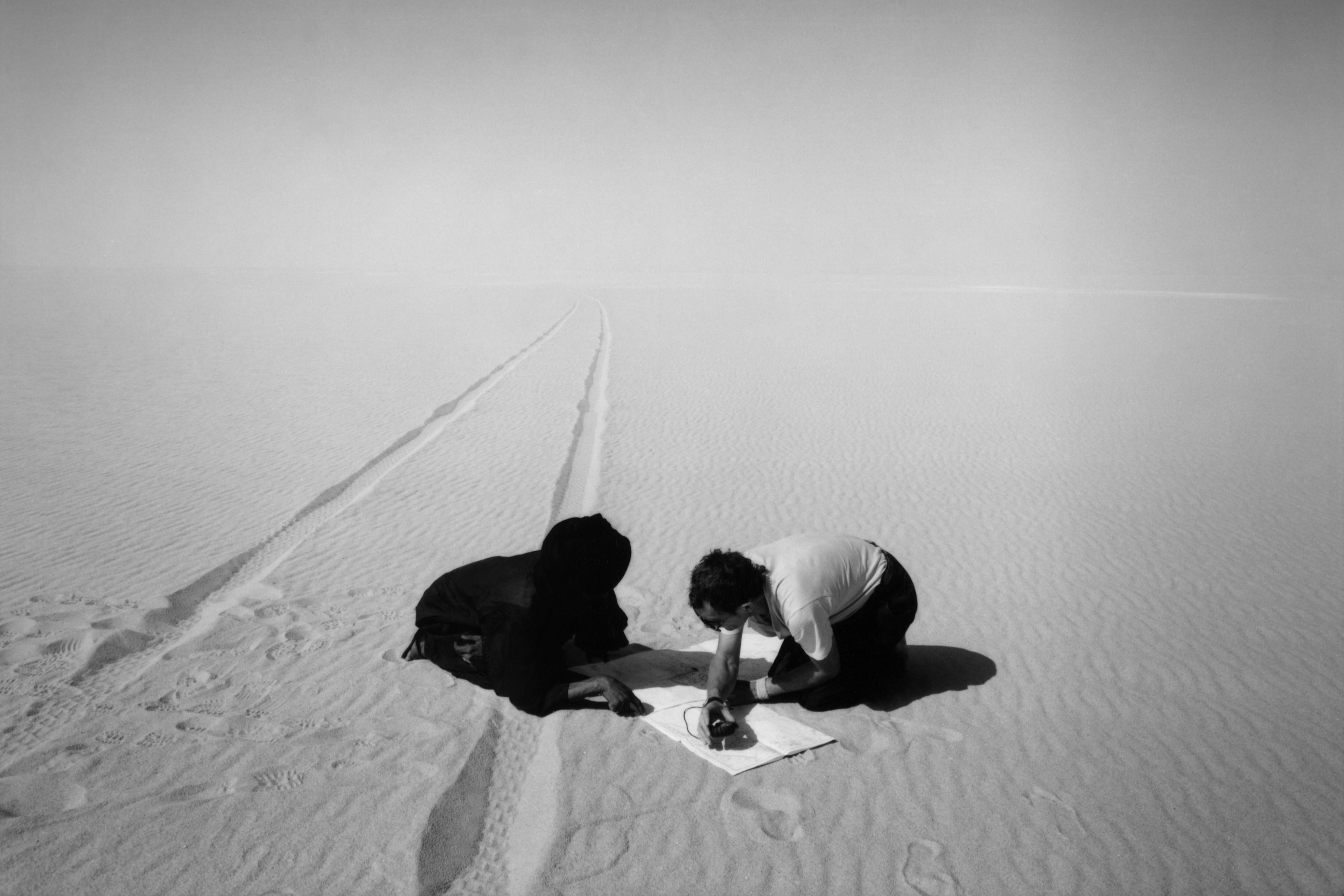
How to make a difficult decision
It’s tempting but unwise to delay important choices. Grasp the nettle by using both systematic checklists and gut instinct
by Joseph Bikart

It’s tempting but unwise to delay important choices. Grasp the nettle by using both systematic checklists and gut instinct
by Joseph Bikart

By learning to question and clarify your thoughts, you’ll improve your self-knowledge and become a better communicator
by Tom Chatfield

Complexity science reveals the hard limits of our predictive abilities, and makes a mathematical case for compassion
by David Kinney
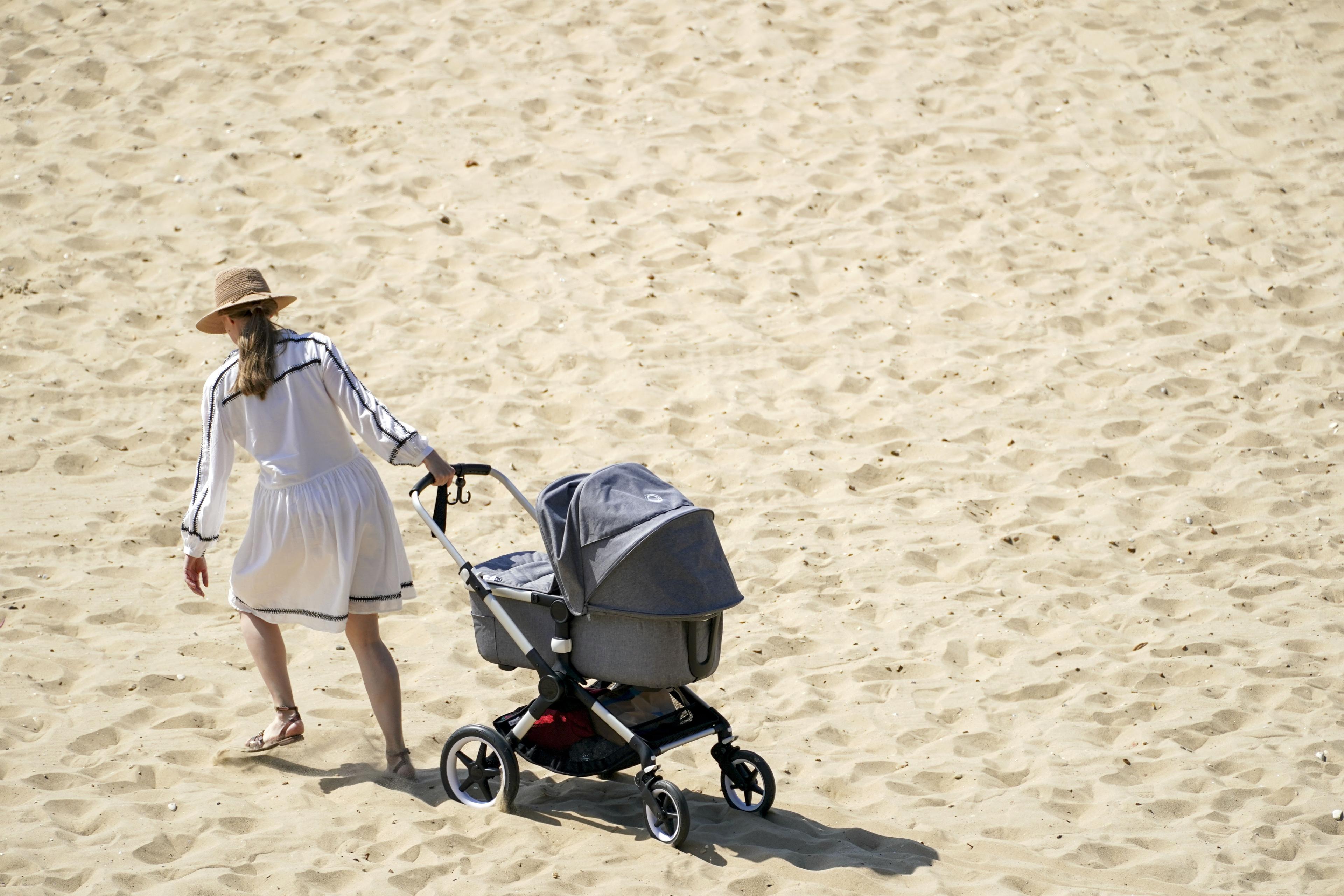
Set aside everyone else’s preconceptions. Then try doing these counterintuitive exercises to understand your own desires
by Ann Davidman

A largely forgotten psychological concept helps explain the insidiousness of minor problems – and what to do about it
by Shayla Love
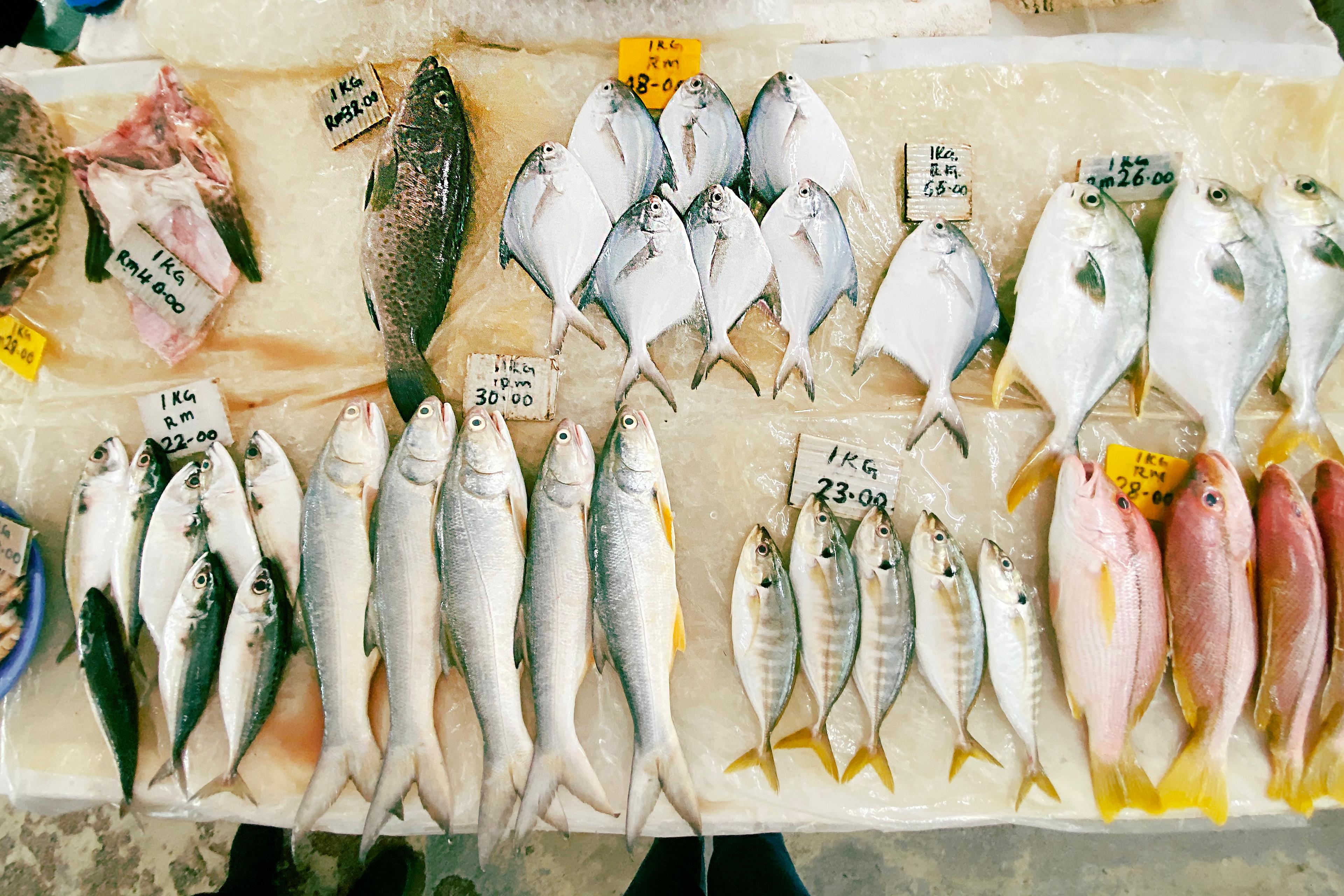
In a world of few absolutes, it pays to be able to think clearly about probabilities. These five ideas will get you started
by Michael G Titelbaum

Have you hit an impasse in your personal or professional life? Answer these questions to open your mind to what’s possible
by Constance de Saint Laurent & Vlad Glăveanu
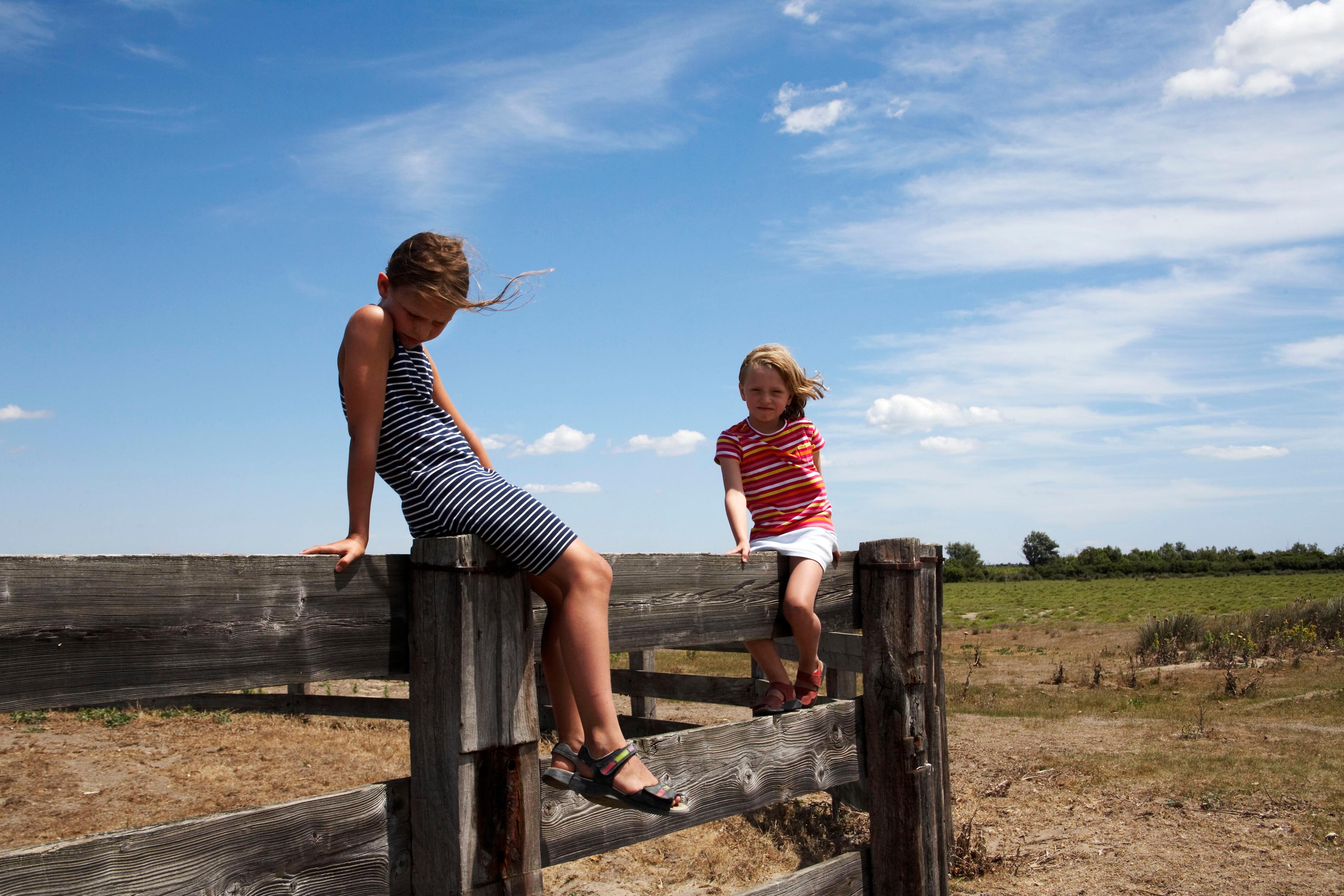
Ambivalence is often misconstrued as flakiness. In fact, recognising both sides of an argument fosters empathy and insight
by Iris Schneider

You can’t escape cause and effect, but there is a way of viewing human agency that is motivating, plausible and humane
by Julian Baggini


In times of change and pressure, a set of skills known as ‘psychological flexibility’ can help you and your team to thrive
by Selda Koydemir

How we take in information has a remarkably significant effect on how intuitive or analytical we are in thinking about it
by Janet Geipel & Boaz Keysar
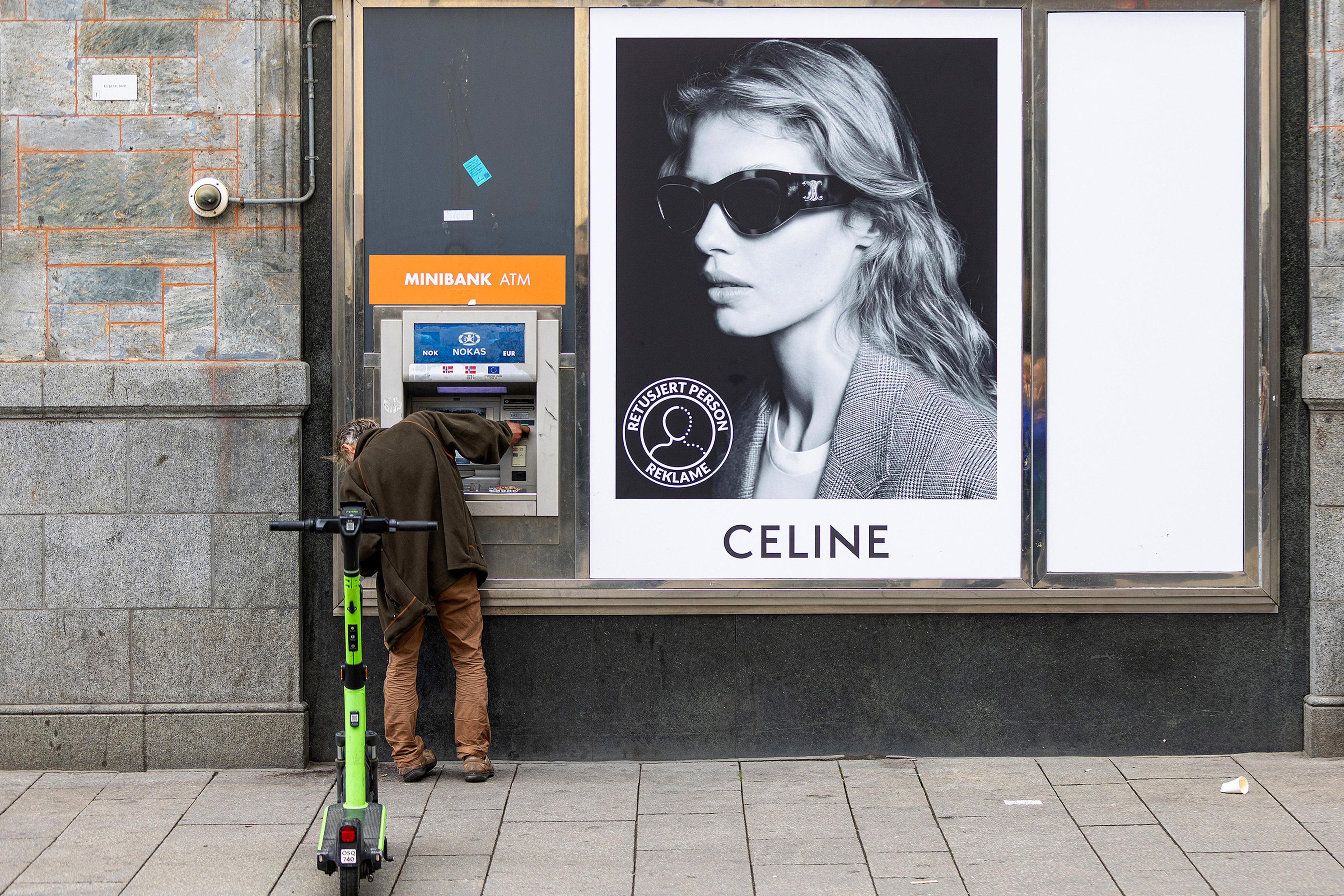
Knowing the reasons people opt not to know – and the consequences of that choice – could help us see when it’s problematic
by Jeremy L Foust
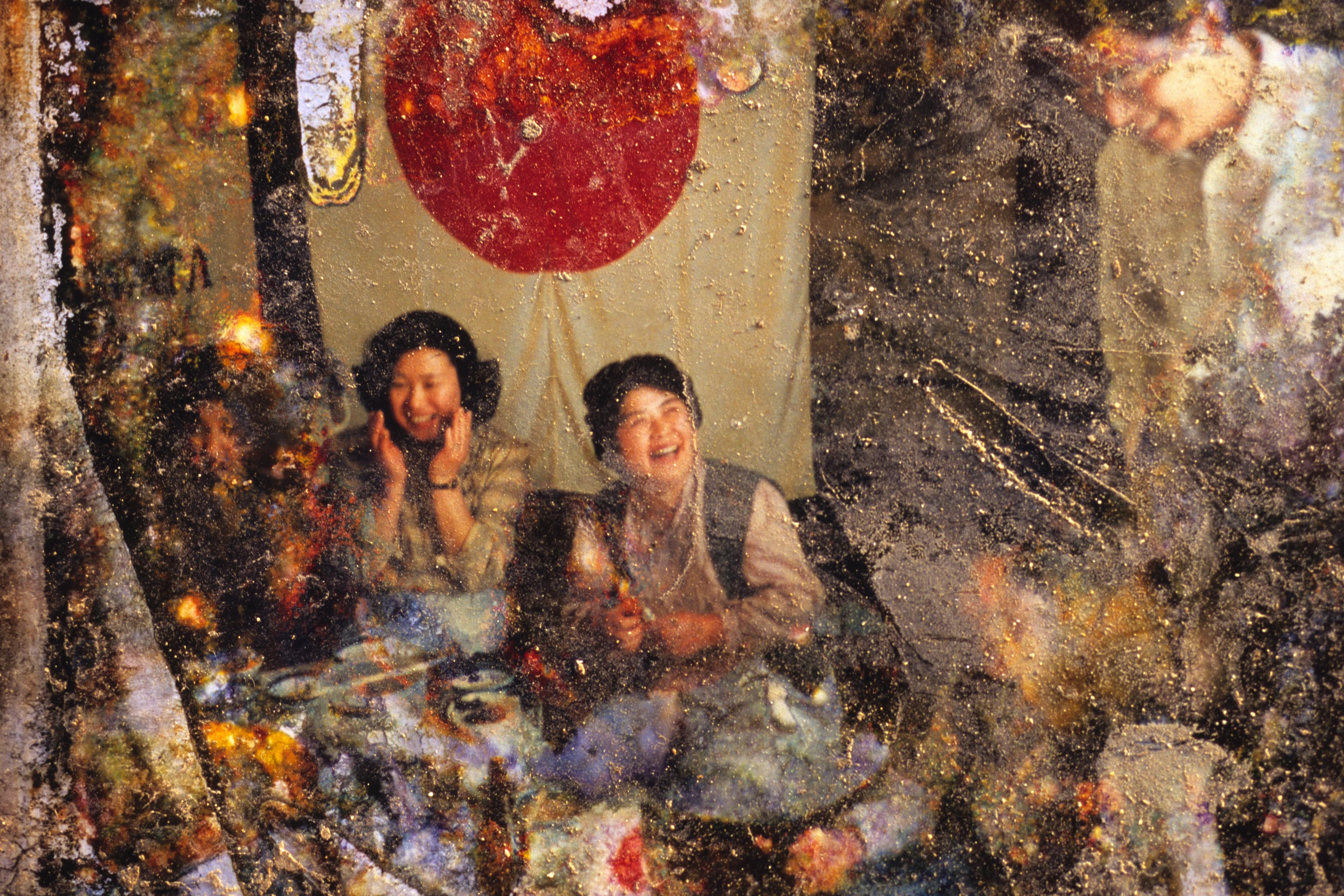
Emotion is not opposed to reason but a crucial tool for assessing risk in a complex, uncertain world
by Sabine Roeser
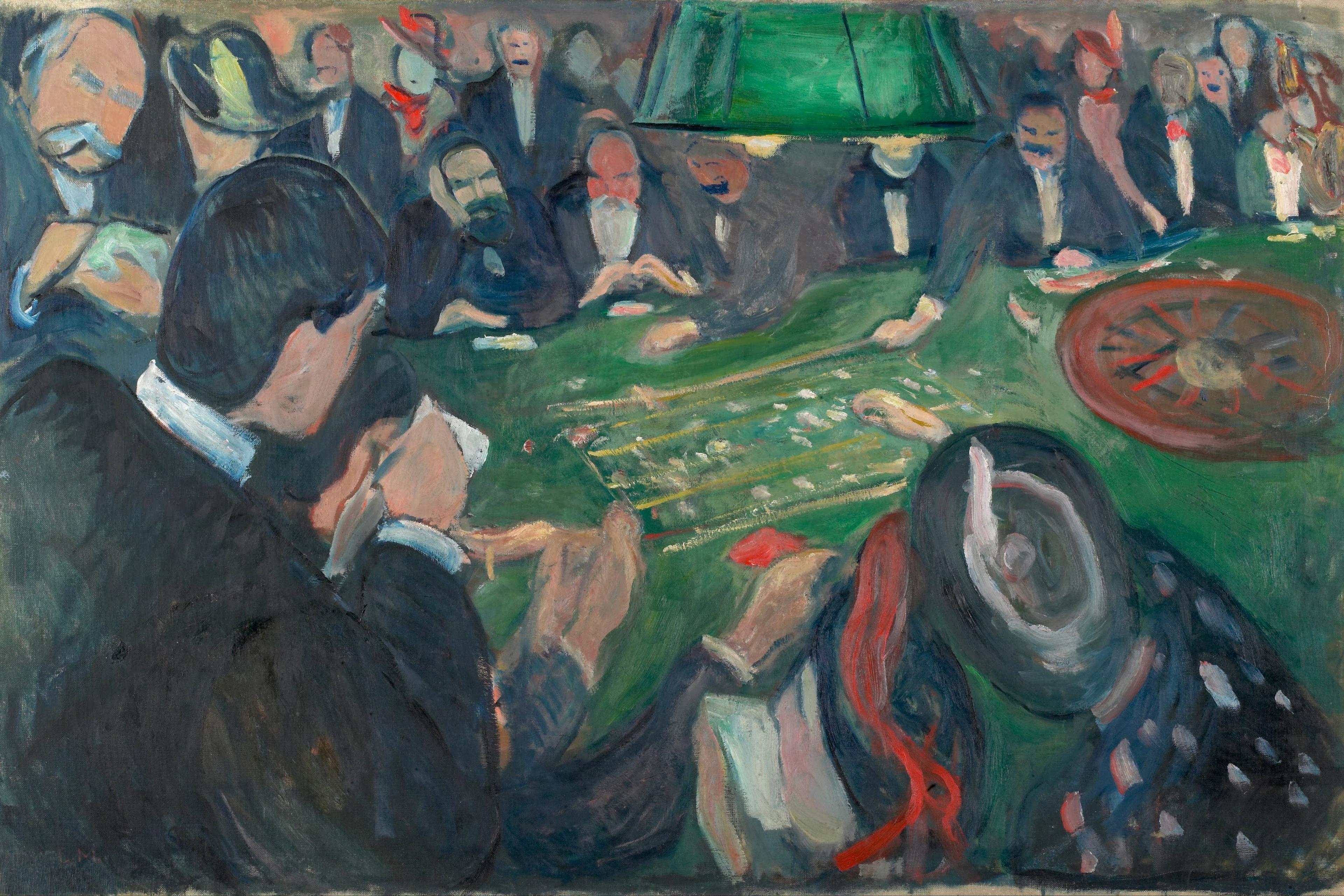
Appreciating the world is random can foster perseverance, gratitude for our own luck and empathy for the plight of others
by Mark R Rank

Regret is common to all humans. So it’s no surprise that some parents regret having children: it shouldn’t be a taboo topic
by Jenna Abetz & Julia Moore